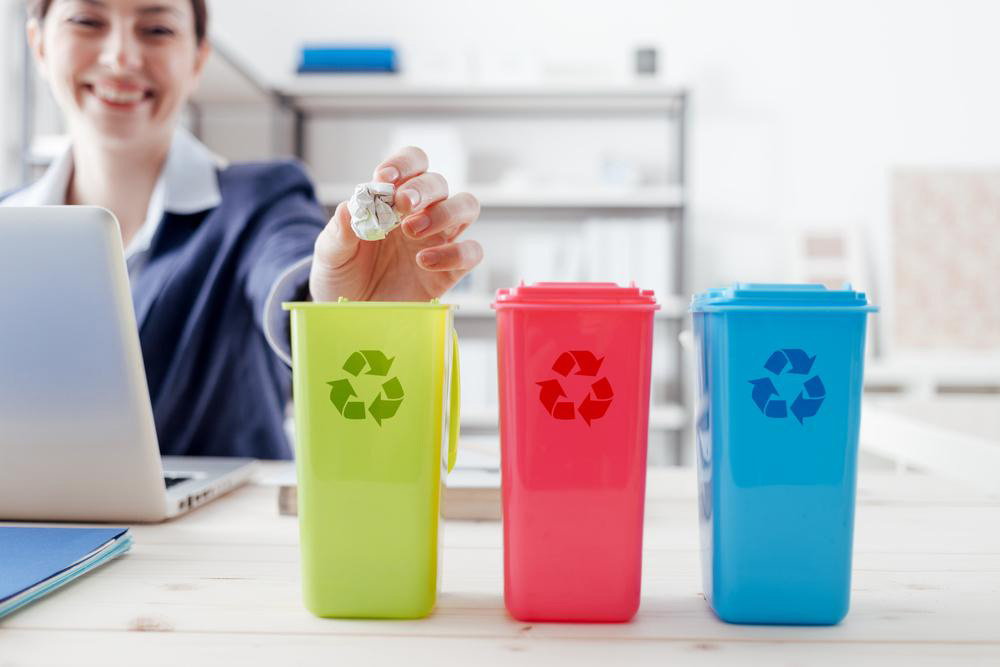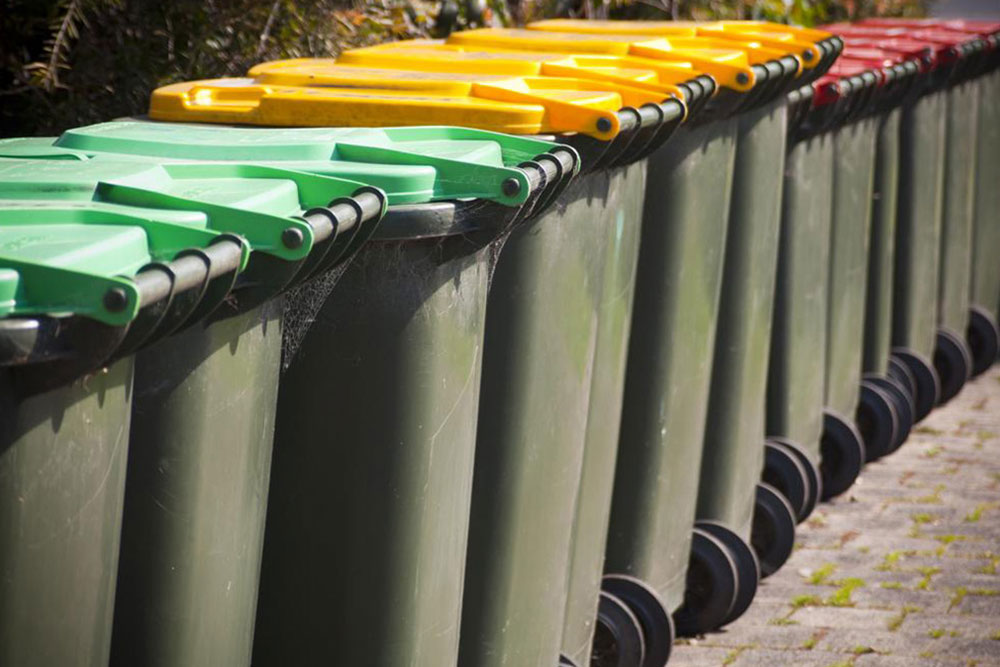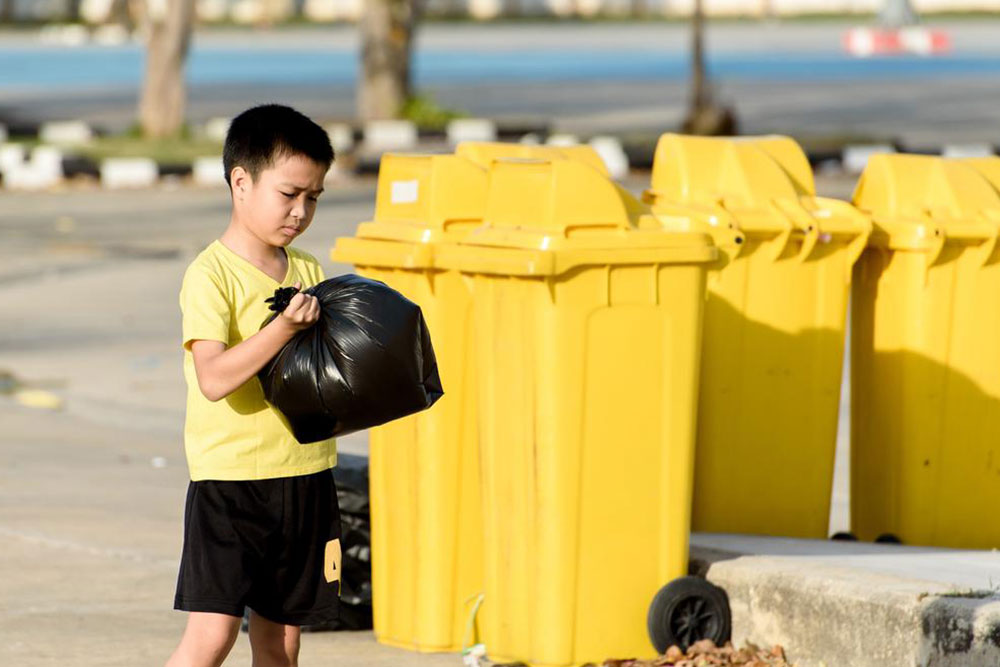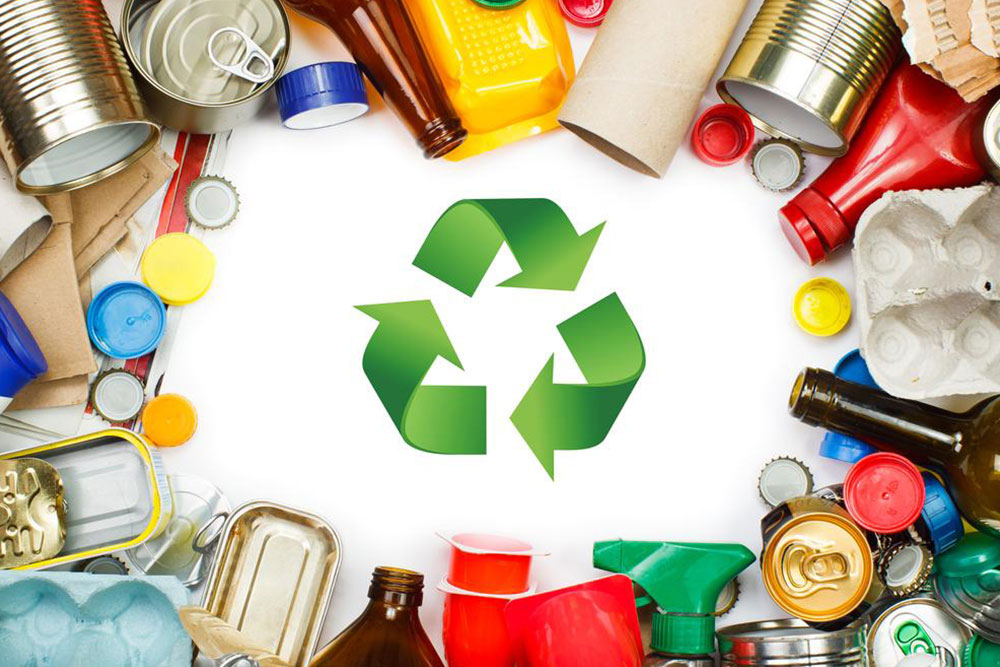Comprehensive Guide to Sustainable Waste Management and Disposal Techniques
This comprehensive guide explores innovative waste management strategies, emphasizing waste segregation, recycling, composting, and advanced disposal technologies. It underscores the importance of sustainable practices for environmental health and resource conservation, providing detailed insights into effective waste handling techniques suitable for homes, businesses, and industries to minimize ecological impact and promote sustainability.

Innovative and Effective Waste Management Practices
Why Proper Waste Management Matters for a Sustainable Future
Effective waste management is a critical component of environmental sustainability, public health, and economic development. It encompasses the systematic collection, processing, recycling, and disposal of various waste types generated by residential, commercial, and industrial activities around the globe. As urbanization accelerates and consumption patterns change, the importance of implementing advanced waste management strategies has never been greater. Proper waste handling not only reduces pollution and environmental degradation but also promotes resource conservation, energy efficiency, and community health.
Differentiating Waste Types for Optimized Management
To manage waste efficiently, understanding the different categories of waste is essential. The principal types include dry waste, such as metals, paper, and plastics, and wet waste, which primarily consists of organic matter like food scraps, garden waste, and other biodegradable materials. Proper segregation at the source allows for more effective recycling, composting, and conversion processes, significantly reducing the volume of waste sent to landfills. Modern waste management emphasizes source separation, supported by public awareness campaigns, to facilitate downstream processing and maximize environmental benefits.
Innovative Waste Reuse and Recycling Approaches
Transforming waste into valuable resources is central to sustainable waste management. Several innovative methods are employed worldwide to repurpose waste effectively:
Composting Organic Waste: Organic materials, such as food scraps and garden waste, can be composted to produce nutrient-rich soil amendments, promoting sustainable agriculture and reducing landfill burden.
Waste-to-Energy Technologies: Through controlled combustion processes like incineration, waste can be converted into electricity and heat, providing a renewable energy source and reducing landfill dependence.
Pyrolysis and Gasification: These thermal treatments decompose organic waste in oxygen-starved environments, generating syngas and bio-oil, which can be harnessed as alternative fuels or chemical feedstocks.
Recycling Non-Biodegradable Materials: Plastics, metals, glass, and other persistent materials can be processed and remanufactured into new products, extending their lifespan and conserving raw materials.
Best Practices in Waste Disposal
Implementing effective waste disposal systems is essential for managing residual waste responsibly. Common disposal methods include:
Engineered Sanitary Landfills: Modern landfills involve lining and leachate collection systems to prevent soil and water contamination. These are designed for long-term waste containment and methane gas recovery.
Incineration and Waste-to-Energy Facilities: Specialized combustion chambers reduce waste volume and generate energy, with emissions controlled to minimize environmental impact.
Plasma Gasification: This advanced technology converts waste into synthetic gases and slag, producing minimal emissions and valuable by-products.
Composting Organic Waste: Organic waste is processed in composting facilities, turning waste into useful soil amendments, thus closing the nutrient loop.
Proper disposal practices are fundamental to preventing pollution, conserving resources, and supporting a circular economy. Policymaking, community participation, and technological innovation are key drivers in establishing sustainable waste disposal systems.**In conclusion**, sustainable waste management involves a multi-faceted approach that integrates waste segregation, innovative reuse practices, and environmentally sound disposal methods. By adopting these strategies, societies can significantly reduce their ecological footprint, conserve resources, and promote healthier communities. Governments, businesses, and individuals all have a role to play in creating a cleaner, greener future through responsible waste handling and disposal techniques.




